Category: Journal Article
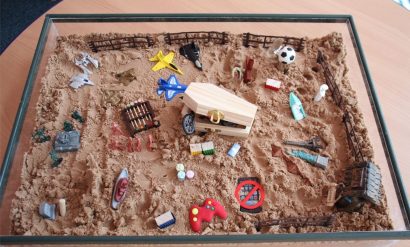
Trusting play to be meaningful data: using sand tray as a play-based research method with an adapted interpretative phenomenological analysis
27 March 2025
PEDAL PhD student Sydney Conroy explores using play itself as data for the purpose of research.
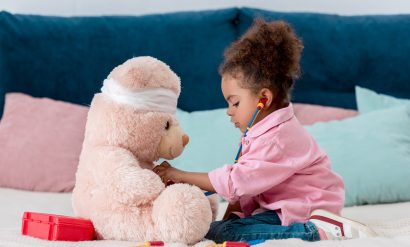
Fostering the psychological wellbeing of children diagnosed with cancer: Multidisciplinary insights in paediatric oncology
18 February 2025
PEDAL PhD student Paulina Perez-Duarte Mendiola contributed to this paper which was published last month in the Psycho-oncology section of Frontiers in Psychology.
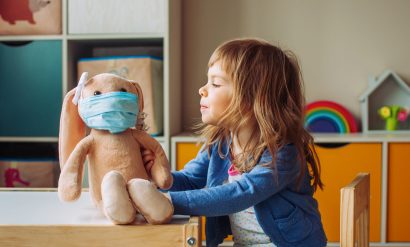
It’s a Pandemic in the Playborhood: An International Perspective of Play Therapists on the COVID-19 Pandemic
7 January 2025
The COVID-19 pandemic, lockdowns and beyond, impacted many professions and workplaces, including therapists and their therapy rooms.
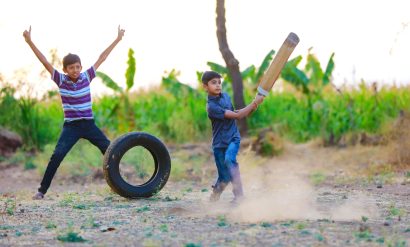
Learning through play in Global Majority countries: Reflections from the PEDAL Centre on understanding and adapting the concept in four different contexts
9 September 2024
This paper in the International Journal of Play interrogates the concept of learning through play in different global contexts.
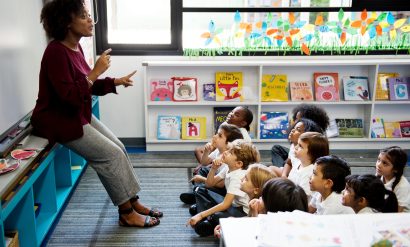
Staying self-regulated in the classroom: The role of children’s executive functions and situational factors
24 July 2024
We wanted to explore how an individual child's self-regulation might vary between different activities.

Centring children’s lived experiences in understanding the importance of play in hospitals
8 July 2024
We wanted to understand what playing in hospital is like from the perspectives and experiences of young children themselves.
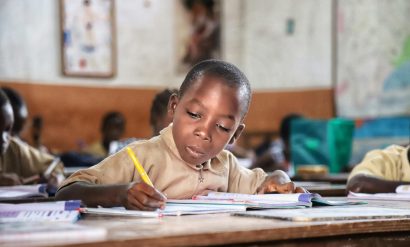
Creating Classrooms for Change: Developing cognitive flexibility in schools in Rwanda
1 March 2024
This research looked at how schools in Rwanda foster students’ skills for adaptability - their capacity to create, innovate and adjust to shifting circumstances. It uses the psychological lens of cognitive flexibility.

Why and how do healthcare professionals use play in clinical practice?
1 March 2024
We explored what healthcare professionals in different roles and different countries understood to be important and useful about the role of play in paediatric practice.
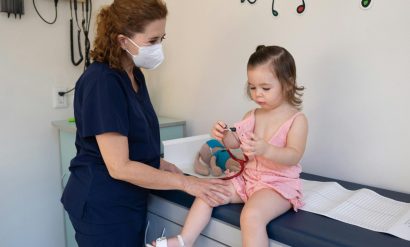
Do educational programmes for healthcare professionals focus on play?
1 March 2024
This literature review looked at the evidence to understand how educational programmes for healthcare professionals include the use of play. It found that play is not consistently or systematically integrated into medical education.

Diversity in autistic play: Autistic adults’ experiences
12 September 2023
In this research, we take a neurodiversity-informed approach to understanding autistic play. This means understanding autistic play in terms of differences, strengths and difficulties rather than simply deficits. We also focus on what autistic people say about their play. We were interested in how autistic adults experience play, as well as how they think their play is different to non-autistic play.
